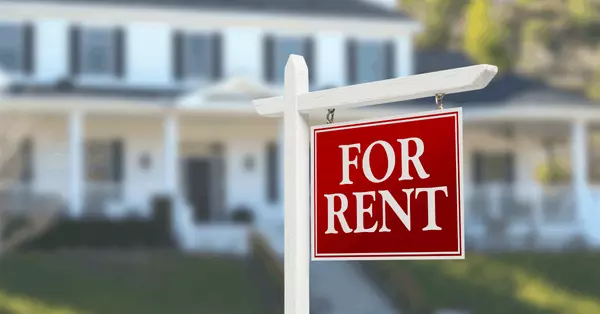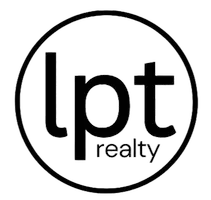Short Sale vs. Foreclosure: Which Is the Better Option for You?

What You Need to Know About Short Sales
A short sale occurs when you need to sell your home but owe more on your mortgage than the property is worth. In this case, you can sell the home for less than the loan balance, but you’ll need approval from your lender. To qualify, you must demonstrate financial hardship, like a job loss or reduced income, by providing supporting documentation.
Your real estate agent will also need to present your lender with data on comparable home sales in your area. If the lender agrees to the short sale, they must review and approve any offers you receive before the sale can go through.
While a short sale does impact your credit, the effect may be minimal if you don’t miss mortgage payments during the process—typically, about a 50-point drop in your credit score. However, if you do have late payments, your score could decrease by as much as 200 points.
Getting a new home loan after a short sale can take anywhere from two to four years, depending on your down payment and credit recovery. Some lenders may offer financing options sooner as the lending market has evolved. Additionally, it's essential to consult a tax professional to understand any potential tax consequences of the forgiven loan balance.
What You Need to Know About Foreclosures
A foreclosure occurs when you stop making mortgage payments and the lender repossesses and sells your home. This can happen whether or not you owe more than the home is worth. Once you miss a payment and enter default, your lender will send a notice of default after 30 days. If payments are not resumed, the foreclosure process will begin, and the lender will ultimately take possession of the property.
Foreclosure timelines and procedures vary by state, with some taking longer than others. The U.S. Department of Housing and Urban Development (HUD) offers resources that outline the process in each state.
A foreclosure has a more significant impact on your credit score than a short sale, typically causing a drop of 200 to 400 points, as it involves missed payments over time. It can take up to seven years to qualify for a new home loan after a foreclosure, although this period may be shortened if your financial hardship was due to circumstances beyond your control, like job loss. Lenders may be open to working with you sooner, depending on your situation.
In both cases, it’s crucial to understand your options and work with professionals to navigate the process carefully.
Categories
- All Blogs (36)
- Buyer Stories (1)
- Buyer tips (7)
- Buyers (3)
- Buying (2)
- Buying Advice (3)
- Buying Assistance (3)
- Credit & Debt (2)
- Down Payment (1)
- Financing (8)
- Financing Options (1)
- First Time Home Buyer (20)
- Foreclosures (1)
- Interest Rates (2)
- Loans (4)
- Military (5)
- Mortgage Interest Rates (1)
- Mortgage Rates (1)
- New Construction (1)
- Personal Finance (2)
- Refinance (1)
- Tax tips (1)
- Title & Closing (1)
- VA Loans (1)
Recent Posts










